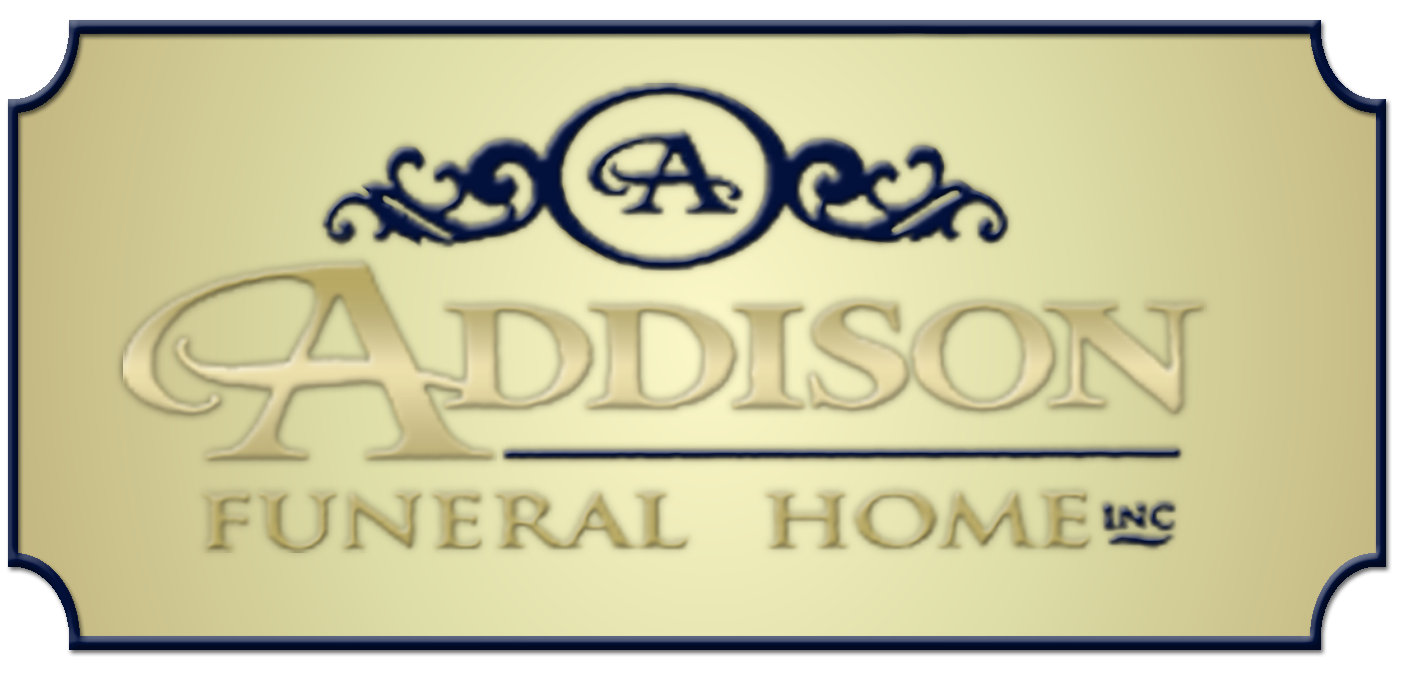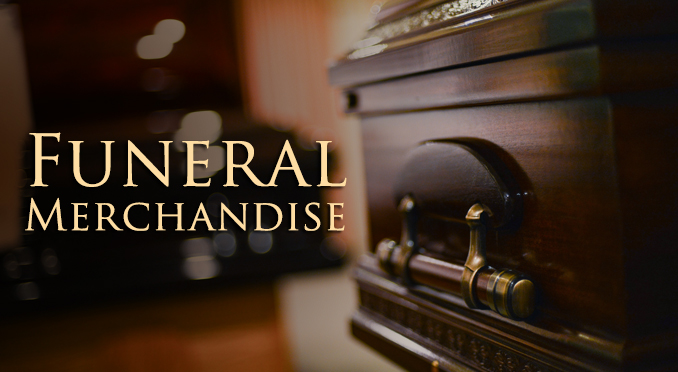Frequently Asked Questions
What is a funeral?
A funeral is a ceremony for a deceased person prior to burial or cremation. A funeral gives the opportunity for family and friends of the deceased to gather and mourn the passing of their loved one, to share cherished memories and celebrate their life. A funeral is a vital first step to help the bereaved heal after the loss of someone special.
What type of service should I have?
If no pre-arrangements have been made, the type of service is entirely up to you. Services are usually held at a funeral home or a place of worship. There is a wealth of different services, ranging from a traditional religious or military service to something a little more non-traditional. Our funeral directors are more than happy to work with you to figure out what would be the most appropriate.
Can I personalize a funeral?
Of course you can, in fact more and more people are opting for a more non-traditional personalized service. There is no right or wrong way to celebrate somebody’s life. There are many unique ways to celebrate life, let the funeral director know exactly what your desires are and they will honor your wishes.
Do we need to have an obituary notice and what is included in one?
It is highly recommended to have an obituary notice that’s either placed in a local newspaper, or placed online. An obituary lets the public know that a death has occurred, and gives them information about the service. Obituaries generally include the deceased’s full name, age, city and date of birth and the city they were living in when they died. It also includes the name of the deceased’s spouse, along with the names of anyone else significant in their lives, such as parents, children or grandchildren. Space may be limited in a newspaper obituary, but you may include a little blurb on the life and legacy of the deceased. An online obituary or memorial website offers you the chance to add a lot more about the deceased.
Who are funeral directors and what do they do?
Funeral directors are in charge of all the logistics following a death. They complete all the necessary paperwork, make arrangements for the transportation of the body, and put into action the choices made by the family in regards to the funeral service and the final resting place of the body. Beyond the logistics, funeral directors are there to provide moral support and guidance for someone coping with death.
What happens if the death occurs in the middle of the night or on the weekend?
We are here to help, funeral directors are available 24 hours a day, 7 days a week, and 365 days a year.
What if a death occurs away from my home town?
We are here to help, we can arrange to have the remains transported home from anywhere in the world. We will assume responsibility and make the proper arrangements to have the remains return to the community.
What is embalming and what purpose does it serve?
Embalming sanitizes and preserves the body; it also slows down the decomposition process and enhances the appearance of the body damaged by traumatic death or illness. Embalming gives time to the family of the deceased to arrange a service, and allows the family the option of having an open-casket viewing.
Do I need to have an embalming?
No. In fact some religions forbid embalming. However, some countries require embalming by law in order for remains to leave or enter the country. If it is not against your religious custom, embalming is recommended, especially if there is an extended gap between death and burial or cremation.
Why have a public viewing?
Viewing is part of many cultural and ethnic traditions. Many grief specialists believe that viewing aids the grief process by helping the bereaved recognize the reality of death. Viewing is encouraged for children, as long as the process is explained and the activity voluntary.
Isn't burial space becoming scarce?
While it is true some metropolitan areas have limited available cemetery space, in most areas of the country, there is enough space set aside for the next 50 years without creating new cemeteries. In addition, land available for new cemeteries is more than adequate, especially with the increase in entombment and multi-level grave burial.
Can your Funeral Home conduct services nearer to my home?
Absolutely, through an association with other family owned and independent funeral homes you can have visitations, services, and memorial services at other funeral homes, churches, community centers, and/or other facilities of choice conveniently located to you upon request. Unlike cremation or memorial societies and other alternative funeral operations who offer limited service, we are a full service funeral and cremation servicebeing able to meet every need of families we serve.
Can I purchase merchandise from you to use at other funeral homes?
Yes, according to the Federal trade Commission Funeral Rule you can purchase caskets, urns, and/or burial vaults to be used at other funeral homes through us.
Is cremation a substitute for a funeral?
No, cremation is an alternative to earth burial or entombment for the body's final disposition and often follows a traditional funeral service.
How much does a funeral cost?
The cost of the funeral varies depending on the wishes you have. The average cost of a funeral is between $5,000-$7,000, however, the most basic of services can cost as little as $1000. The cost includes all professional services including transportation, embalming and other preparations, the use of a facility for the ceremony, and the purchase of a casket or urn.
Why are funerals so expensive?
Funerals are labor intensive and require a lot of work from a lot of people.
- When compared to other major life cycle events, like births and weddings, funerals are not expensive. A wedding costs at least three times as much; but because it is a happy event, wedding costs are rarely criticized.
- A funeral home is a 24-hour, labor-intensive business, with extensive facilities (viewing rooms, chapels, limousines, hearses, etc.), these expenses must be factored into the cost of a funeral.
- Moreover, the cost of a funeral includes not only merchandise, like caskets, but the services of a funeral director in making arrangements; filing appropriate forms; dealing with doctors, ministers, florists, newspapers and others; and seeing to all the necessary details. Funeral directors work an average of 40 hours per funeral.
- Contrary to popular belief, funeral homes are largely family-owned with a modest profit margin.
What do I do if I am not satisfied with the way a funeral was handled?
Funeral Services in the United States is regulated by the Federal Trade Commission, they can be reached by telephone at 1-877-FTC-HELP![]() 1-877-FTC-HELP (382-4357) or you can fill out a form online at www.ftc.gov. In Canada, funeral services are regulated provincially and this information can be found on the Canadian Consumer Information website at www.consumerinformation.ca
1-877-FTC-HELP (382-4357) or you can fill out a form online at www.ftc.gov. In Canada, funeral services are regulated provincially and this information can be found on the Canadian Consumer Information website at www.consumerinformation.ca
How do I write a eulogy?
These questions should get you thinking:
- How did you and the deceased become close?
- Is there a humorous or touching event that represents the essence of your passed loved one?
- What did you and others love and admire about the deceased?
- What will you miss most about him or her?
Some of the simplest thoughts are deeply touching and easy for those congregated to identify with. For example, "I'll miss her smile," or "I'll never forget the way he crinkled his nose when he laughed," are just as good as "I admired her selflessness."
Tips
- Be honest and focus on the person's positive qualities.
- Humor is acceptable if it fits the personality of the deceased.
- "If you are inclined to be a perfectionist, lower your expectations and just do what you can given the short time-frame and your emotional state," writes Schaeffer in "Labor of Love."
- Keep it brief. Five to ten minutes is the norm, but it's a good idea to verify that with the minister or funeral director.
- Interviewing family and friends will give you more ideas.
- Put the eulogy on paper - at least in outline form.



